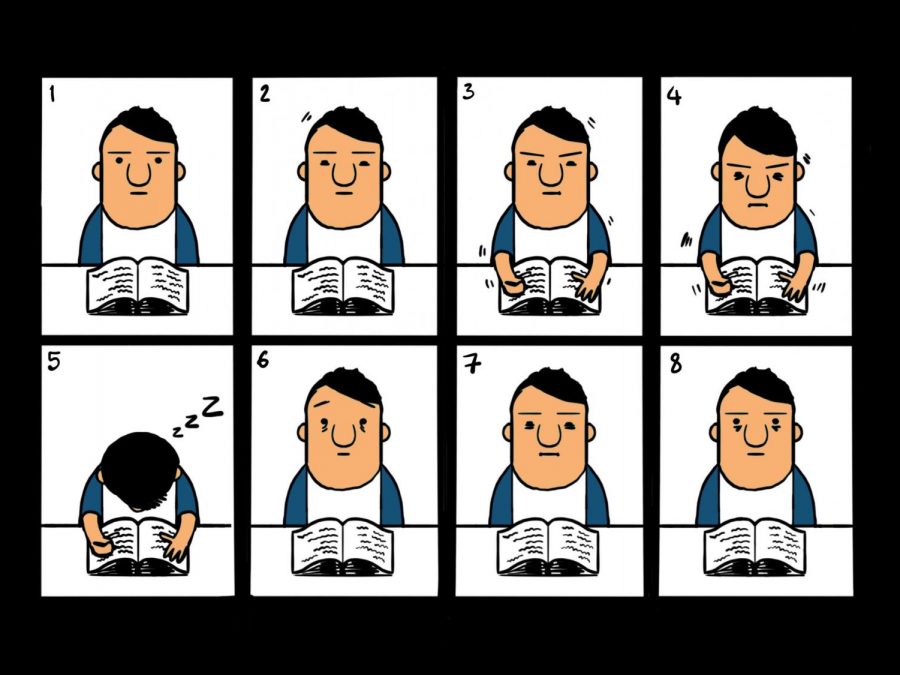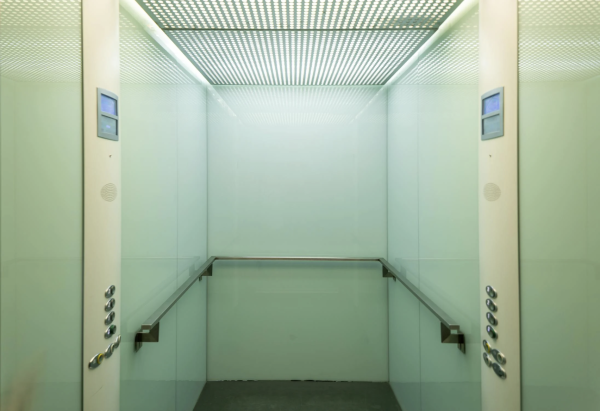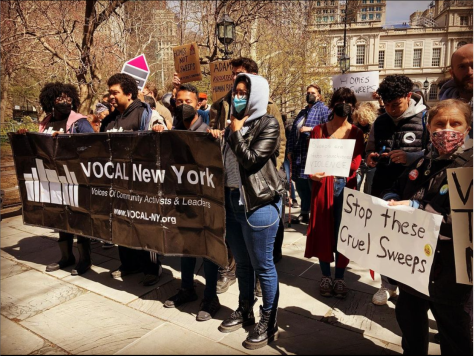Why School Should Start Later
The International Baccalaureate (IB) diploma program offered at UNIS is no doubt challenging and extremely demanding, giving students large amounts of homework each night. But if these long hours of homework weren’t enough, extracurricular engagements all but ensures a late bedtime for students. According to the National Sleep Foundation, only 15% of teenagers get the recommended eight to ten hours of sleep a night. This is extremely unhealthy for students, as lack of sleep can increase vulnerability to other medical conditions—particular problems associated with mental health. As a result, many students face a homework-sleep dilemma, a catch-22 that makes it difficult to maintain good grades. Not doing homework leads to bad grades, but doing homework results in getting less sleep, which can also lead to bad grades. But despite all this, students typically choose to stay up and finish their work rather than sleep.
So what can we do about it?
A clear solution to this issue is to push back the starting time of the Tut House classes from 8:20 to 8:50. Starting school later is a strategy that has been successfully implemented in high schools in 45 states—reported as being beneficial for student health and grades. An extra 30 minutes of sleep each night would help many students reach or get close to reaching the recommended eight to ten hours of sleep. Many UNIS students live far away from school and have to commute each morning, which further reduces the amount of sleep they can get. As Nikki Erken, a T4 student said, “I would prefer to start school later by half an hour because it takes me a long time to get to school, and it would be nice if I could get a little more sleep.”
Perhaps, the only negative aspect of this solution is that school would have to end 30 minutes later, at 3:30. This might be problematic for students in sports teams who would have to miss more class than they normally would because sports games often require an early dismissal (usually around 2:30). But a solution to this also exists: instead of making all classes later by 30 minutes, that time could be taken out of the 70-minute lunch period. Luiza Grijns, a T3 student, said, “I think it would be better if we started half an hour later, even at the expense of our lunchtime. A lot of students have clubs during lunch but most of them last only half of lunch, so we could easily just have a 40-minute lunch break.”
Although some faculty members might be unhappy with having a shorter lunch break, they would also benefit from starting school later: they would be teaching less tired students in addition to having some extra time in the mornings. Overall, it seems that pushing back the starting time of school by thirty minutes and taking it out of our lunch break seems to be a sustainable solution to address the problem of inadequate sleep.
This solution would be extremely beneficial for the UNIS community and should be considered and evaluated as soon as possible.









